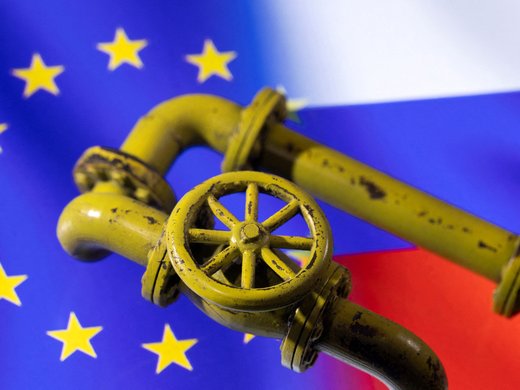Water is a dynamic substance that flows, ignoring borders and calling for cooperation between states that share transboundary and boundary waters. Canada occupies a unique place globally insofar as it has a long and successful history of cooperative freshwater governance with the United States. To understand how Canada has successfully and peacefully managed the freshwater reserves it shares geographically with the United States, this paper looks back to the early days of Canada and US cooperation when concluding the Boundary Waters Treaty of 1909 (BWT). With this treaty as a centrepiece, this paper examines the status of international law at the time, the results of the negotiations, and how the BWT has advanced legal principles in its long implementation. The paper compares these bilateral achievements with international law elsewhere, leading to a conclusion that Canada and the United States have advanced and progressively implemented international legal principles on freshwater management that are both pioneering and a model of what can be achieved when there is a commitment to joint governance over shared resources between riparian states.


